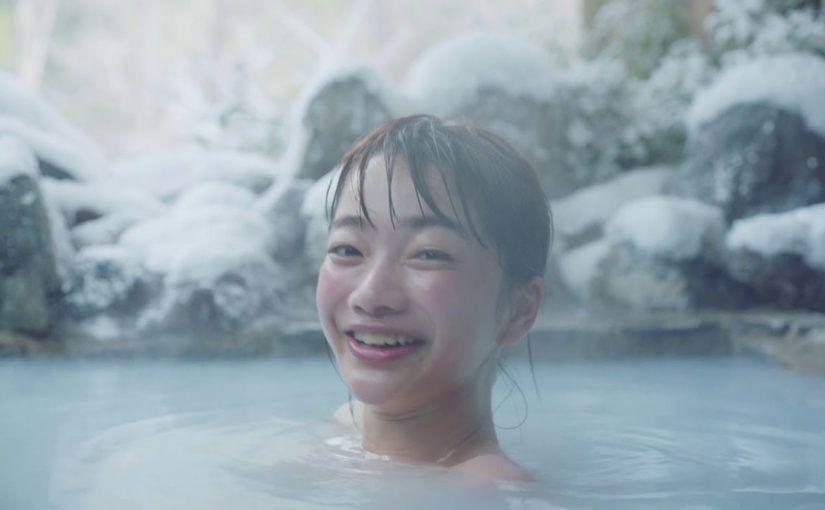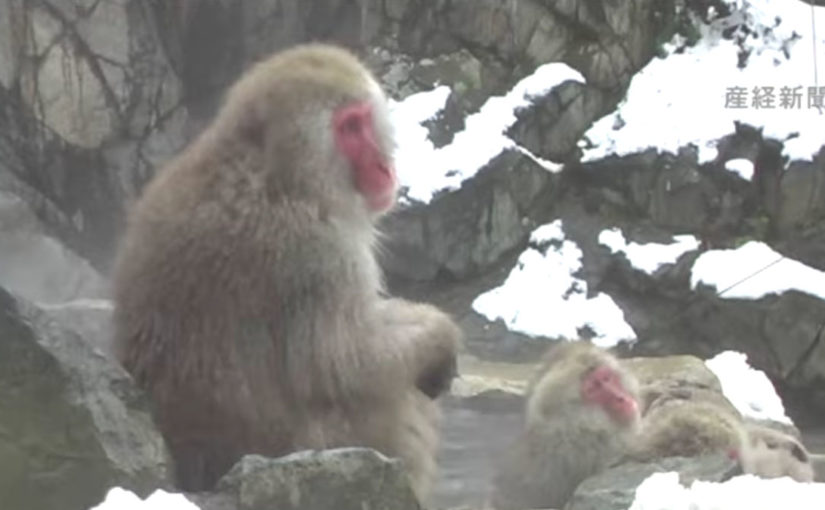Onsen (温泉) is the Japanese name for a hot spring; the term also extends to cover the bathing facilities and traditional inns frequently situated around a hot spring. Onsens come in many types and shapes, including outdoor (露天風呂 or 野天風呂, roten-buro or noten-buro) and indoor baths (内湯, uchiyu).
Guests are not normally allowed to wear swimsuits in the baths.
Winter is the coldest season of the year in polar and temperate zones.
The TÅhoku region (æ±åŒ—地方, TÅhoku-chihÅ), Northeast region, or Northeast Japan (æ±åŒ—日本, TÅhoku-nihon) consists of the northeastern portion of Honshu, the largest island of Japan. This traditional region consists of six prefectures (ken): Akita, Aomori, Fukushima, Iwate, Miyagi, and Yamagata.
Iwate Prefecture (岩手県, Iwate-ken) is a prefecture of Japan located in the TÅhoku region of Honshu.
The Go-Bang’s were a three-piece Japanese all-female band active in the late 1980s and early 1990s.
JR East operates all of the Shinkansen, high-speed rail lines, north of Tokyo, except the Hokkaido Shinkansen, which is operated by JR Hokkaido.


